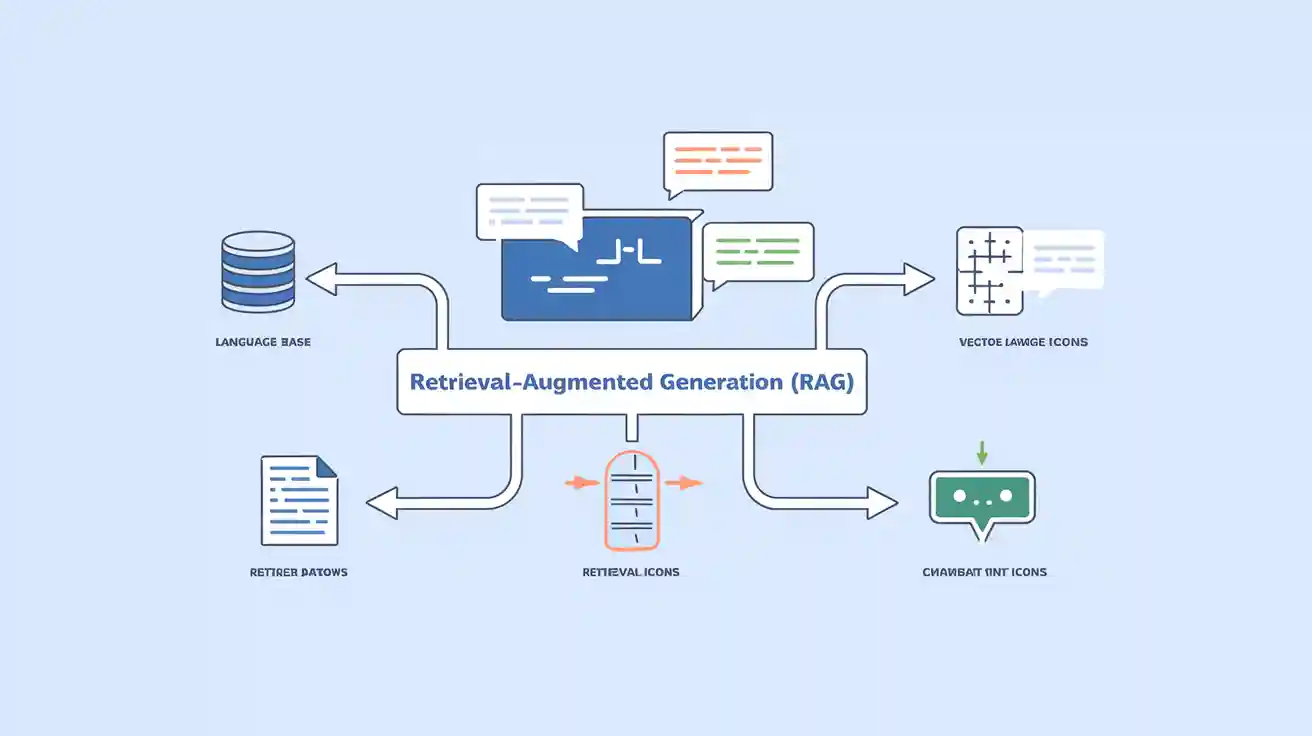What Is Structured Data / Schema Markup? Definition, SEO Benefits & AI Search Visibility
Discover what Structured Data and Schema Markup are, how they help search engines and AI understand your website, and how to implement them for better SEO, rich results, and brand visibility in AI-driven search. Learn best practices, real-world examples, and key concepts like JSON-LD and Schema.org.

One-Sentence Definition
Structured Data (Schema Markup) is a standardized way of annotating web content with code—using vocabularies like Schema.org—to help search engines and AI systems better understand, index, and display your website’s information, often resulting in enhanced search features known as rich results.
Detailed Explanation
Structured Data transforms human-readable web content into machine-readable data. By embedding Schema Markup (typically in JSON-LD format) into your HTML, you provide explicit context about your page’s entities—such as products, articles, events, or FAQs. This enables search engines like Google and Bing to interpret your content more accurately, powering features like star ratings, product details, and FAQ dropdowns in search results. While Structured Data does not guarantee higher rankings, it significantly improves visibility, click-through rates, and eligibility for rich results (Moz, Search Engine Land).
Key Components
Schema.org Vocabulary: The universal standard for structured data, developed by Google, Microsoft, Yahoo, and Yandex. It defines hundreds of types (e.g., Product, Article, FAQ) and properties (e.g., name, author, rating).
JSON-LD: The recommended format for implementing Schema Markup. It’s easy to add and maintain, as it sits in the
<head>or<body>of your HTML without altering visible content (Ahrefs).Microdata & RDFa: Alternative formats that embed structured data inline with HTML elements. Less common today due to complexity and maintenance challenges.
Validation Tools: Use Google’s Rich Results Test and the Schema Markup Validator to ensure your markup is error-free and eligible for rich results.
Example JSON-LD for a FAQ:
<script type="application/ld+json">
{
"@context": "https://schema.org",
"@type": "FAQPage",
"mainEntity": [{
"@type": "Question",
"name": "What is Schema Markup?",
"acceptedAnswer": {
"@type": "Answer",
"text": "Schema Markup is code that helps search engines understand your website’s content."
}
}]
}
</script>
Real-World Applications
SEO & Rich Results: Adding Schema Markup can make your pages eligible for rich results—like star ratings, product info, and FAQ dropdowns—directly in search listings, increasing visibility and click-through rates.
AI Search & Voice Assistants: Structured Data helps AI-driven platforms (e.g., Google AI Overview, Bing Copilot) and voice assistants extract accurate answers and entity information from your site.
Brand Visibility: Organization and LocalBusiness schemas power knowledge panels and map listings, strengthening your brand’s presence in search.
Content Optimization: Platforms like Geneo analyze your site’s structured data, provide optimization suggestions, and monitor your brand’s visibility across AI search engines. For example, marking up your FAQ content with Schema.org can help your answers appear as rich results in Google AI Overview, and Geneo can track these appearances and suggest improvements.
Related Concepts
Rich Snippets: Enhanced search results powered by structured data, displaying extra information like ratings, prices, or FAQs.
JSON-LD: The preferred format for adding Schema Markup to web pages.
Microdata & RDFa: Alternative markup formats, less commonly used today.
Knowledge Graph: Google’s database of entities and relationships, fueled in part by structured data.
AEO (Answer Engine Optimization): Optimizing content for AI-driven answer engines, where structured data plays a key role.
Open Graph & Meta Tags: Markup for social media sharing and basic metadata—complementary but distinct from Schema.org.
Ready to optimize your brand’s visibility in AI search and rich results? Try Geneo for real-time monitoring, structured data analysis, and actionable content optimization.
Related Articles

How to Find Out the Prompts Your Customers Are Asking on ChatGPT
Discover practical steps to uncover real customer prompts on ChatGPT using compliant tools, public forums, and AI answer tracking—includes template and checklist.

What is Predictive Analytics? Definition, Key Components & Applications
Discover what Predictive Analytics is, its definition, core components, and real-world applications in digital marketing and SaaS. Learn how predictive analytics helps forecast trends, optimize campaigns, and boost brand visibility in AI search. Read the full guide for marketers and SaaS professionals.

What is Retrieval-Augmented Generation (RAG)? Definition, Workflow & SEO Applications
Learn what Retrieval-Augmented Generation (RAG) is, how it works, and why it matters for content optimization and SEO. Discover RAG’s definition, technical workflow, key components, and real-world applications in AI-powered search, brand visibility, and enterprise content strategies.


